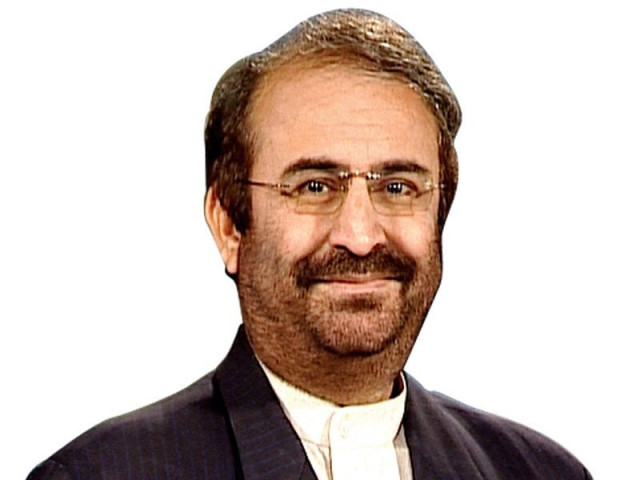Political breakdown and the continuing search for consensus
US lays out concerns of eroding stability in Afghanistan

US lays out concerns of eroding stability in Afghanistan.
Director National Intelligence James Clapper told the Senate Armed Services Committee earlier this week that “waning political cohesion, financial shortfalls and sustained Taliban attacks” are eroding stability in the country.
The US intelligence findings also pointed out that “political cohesion will remain a challenge for Kabul,” as the national unity government will confront larger and more divisive issues in the current year.
The year 2016 is particularly important for Afghanistan as the national unity government is set to hold parliamentary elections, which were postponed for security fears, in October. It also plans to convene a consultative ‘loya jirga’, or grand assembly, to amend the Afghan Constitution and create the office of the prime minister.
Parliamentary elections
It is widely believed parliamentary elections will be a major exercise and pose challenges for the national unity government.
Just days before Clapper’s appraisal of possible dangers in the country, a report issued by the US government stated that the Taliban control more territory now than they have since 2001.
Special Inspector General for Afghanistan Reconstruction, one of the largest US oversight organisations in Afghanistan, cited a US military report as saying nearly 71.7 per cent of the country’s districts are under the control of the Afghan government.
These reports come amid concerns in Afghanistan about the Afghan Taliban’s spring offensive that disrupt the security situation in the country.
Confidence building
At this juncture, urgent steps are needed to initiate negotiations with the Taliban. However, the onus to achieve this objective is predominantly on the US and Afghan governments. They must decide the extent to which they would entertain the Taliban’s demands to carry out successful negotiations.
Officials privy to internal discussions among the Afghan Taliban over ongoing diplomatic efforts believe the group could join the process if a few confidence-building measures (CBM) are taken.
“Taliban would be willing to join talks if the Afghan government and the US withdraw objections to open a Taliban office in Qatar; frees some of its prisoners; and lifts international travel restrictions,” one of these official told The Express Tribune on Friday.
Many of them said the release of prisoners will enable Taliban leaders to persuade their fighters to lay down their arms and take part in the peace process.
As per the officials, the Taliban leadership also wants a guarantee from the US that deciding a timeframe for an end to the invasion would be part of the agenda for talks.
Unwilling to budge
Although the Taliban have made their demands clear, the Afghan and US governments have not taken any tangible steps in this regard.
An official, who was part of the quadrilateral meeting in Islamabad on February 6, said the Afghan government did not promise any CBMs and insisted these issues will be discussed once talks are initiated. This stalemate could pose an obstacle – especially if the Taliban and Kabul do not budge from their stances.
Shared responsibility
Afghanistan, China, Pakistan and the US – who are involved in the quadrilateral process – have set February as the deadline to decide a date for talks. All four nations now have a shared responsibility to convince the Taliban to come to the negotiation table.
Although Pakistan and China can only facilitate the process, the US and Afghanistan has a significant role to play as the Taliban’s demands are directly linked to them.
Searching for consensus
Afghanistan also wants to develop consensus for the talks as miscreant elements are trying to derail the process before it even begins.
In a recent statement, Ahmad Zia Massoud, a presidential spokesperson, publicly opposed talks with the Taliban and urged Afghan troops to prepare for a war with them.
Afghan President Ashraf Ghani will have to address these pockets of dissent if he wants to honour his electoral pledges.
Published in The Express Tribune, February 13th, 2016.












1724319076-0/Untitled-design-(5)1724319076-0-208x130.webp)






COMMENTS
Comments are moderated and generally will be posted if they are on-topic and not abusive.
For more information, please see our Comments FAQ